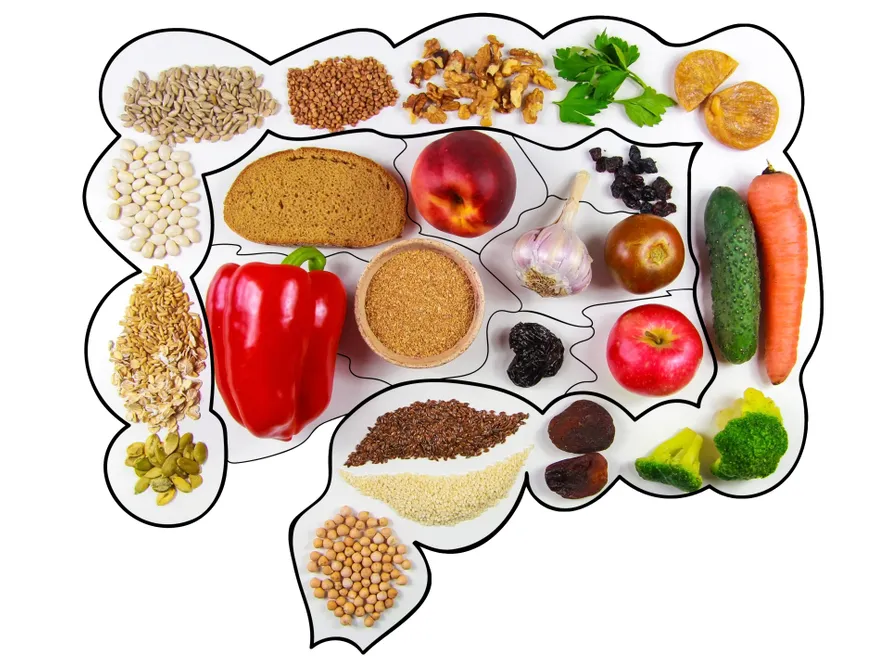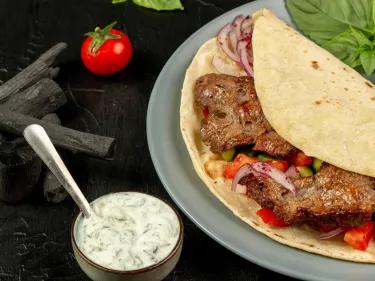Gut health can be affected by a number of different factors, including lifestyle, stress, physical activity and the foods you eat. You may have noticed changes in symptoms related to your gut, including changes in your bowel habits, bloating, appetite and so on. It’s important to discuss changes to your bowel habits with your GP, however adopting a balanced way of eating can help improve your gut health. Improving your gut health can have positive effects upon mental health, and immune function, with research suggesting the importance of gut health upon mental health, digestive health and cardiovascular health.
Improving your gut health can be kick started by including foods rich in dietary fibre such as oats, fruits and vegetables (leave the skin on!), legumes including chickpeas and lentils and whole grain breads and cereals at every meal.
What about the role of prebiotics and probiotics in relation to gut health? Prebiotic foods, which contain complex carbohydrates, inulin and resistant starch, provide fuel for the good bacteria that lives in our gut. Good sources of prebiotics include certain grains including, barley, wheat and oats, as well as some fruits and vegetables including beetroots, green peas, onions, nectarines, grapefruit and dates. Probiotic foods are those that contain good bacteria, and include foods like yoghurt, kefir, sauerkraut and kimchi. Whether probiotics have a beneficial effect upon gut health remains unclear, and is an area of ongoing research.
To improve your gut health, adopting a balanced way of eating that includes a variety of fruits, vegetables, whole grain breads, pastas, and cereals such as oats, as well as nuts and seeds can help in creating a healthy gut environment.
Foods that may support you in improving your gut health include:
|
|
Find out more about the foods to eat for a healthy gut here:













